HotSpots H2O, July 16: War, Drought, and Upstream Dams Hinder Water Access in Iraq
The Rundown
In Iraq, water availability has been both a casualty and a catalyst of conflict.
Dams, canals, and other infrastructure were destroyed during years of war against Islamic State rebels, disrupting water supply. Water is still not restored in many areas of Mosul, the site of a brutal battle that took place last year. Other cities in the path of the fighting face similar shortages.
Water scarcity is also inflaming economic and social tension in Iraq’s ongoing turmoil. Earlier this month, Iraq banned the planting of summer crops, a decision that angered farmers. In recent weeks, residents staged protests calling for improvements to basic services, including electricity and water supply.
“There is no water or electricity in the neighborhood. With the exception of some visits by charity organizations, no one asks about us here.” –Jafaar Subhi, a resident of Mosul’s Old City district. The battle for Mosul ended a year ago, but much of the city remains in ruins.
By The Numbers
70 percent Proportion of the healthcare system in Mosul, Iraq, that is still not functioning. Other basic services, including water, electricity, and sanitation, remain largely defunct.
$874 million Estimated amount needed to restore basic services throughout Mosul.
60 percent Decline in water flows in the Tigris and Euphrates over 20 years, according to a 2012 UN report. Iraq relies heavily on the two rivers for drinking water and irrigation.
30 billion cubic meters (bcm) Water that Iraq traditionally received from the Euphrates River each year. The amount has now fallen to 16 bcm due to changes in precipitation and the construction of dams in upstream countries.
On The Radar
As the Middle East becomes more parched, neighboring countries–including Turkey, Syria, and Iran–are putting increasing pressure on Iraq’s water supply. Last month, Turkey began filling the large Ilisu Dam, but temporarily halted the process at the request of Iraq, who noted an abrupt drop in the Tigris River. Long-term, Iraq predicts that the Ilisu dam will cut the flow of the Tigris by 50 percent. Construction of additional upstream dams and reservoirs could further derail Iraq’s water supply, as well as stoke regional tensions.
Resources and Further Reading
As climate threats grow, Iraq battles a new enemy: Water shortages (Thomas Reuters Foundation)
Catastrophic drought threatens Iraq as major dams in surrounding countries cut off water to its great rivers (The Independent)
Iraq bans farming summer crops as water crisis grows dire (The Seattle Times)
Iraqis protest at oilfields to call for jobs and basic services (Reuters)
Urgent need to rebuild health services one year after battle over Mosul, Iraq (Doctors Without Borders)
With IS Pushed Out a Year Ago, Mosul Still Lies in Ruins (Voice of America)
Kayla Ritter is a recent graduate of Michigan State University, where she studied International Relations and Teaching English to Speakers of Other Languages. She is currently based in Manton, Michigan. Kayla enjoys running, writing, and traveling. Contact Kayla Ritter

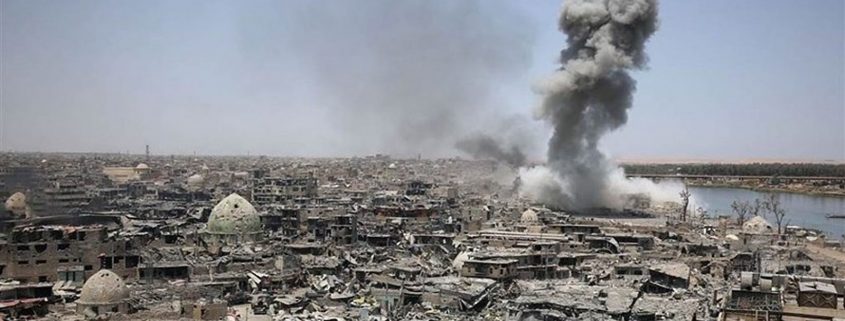

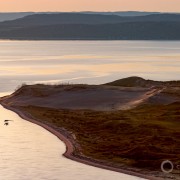
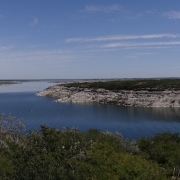
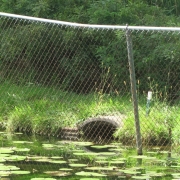
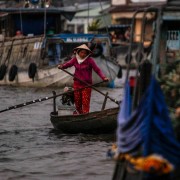
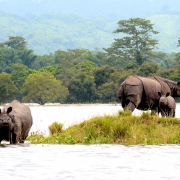
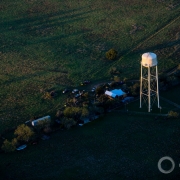



Leave a Reply
Want to join the discussion?Feel free to contribute!